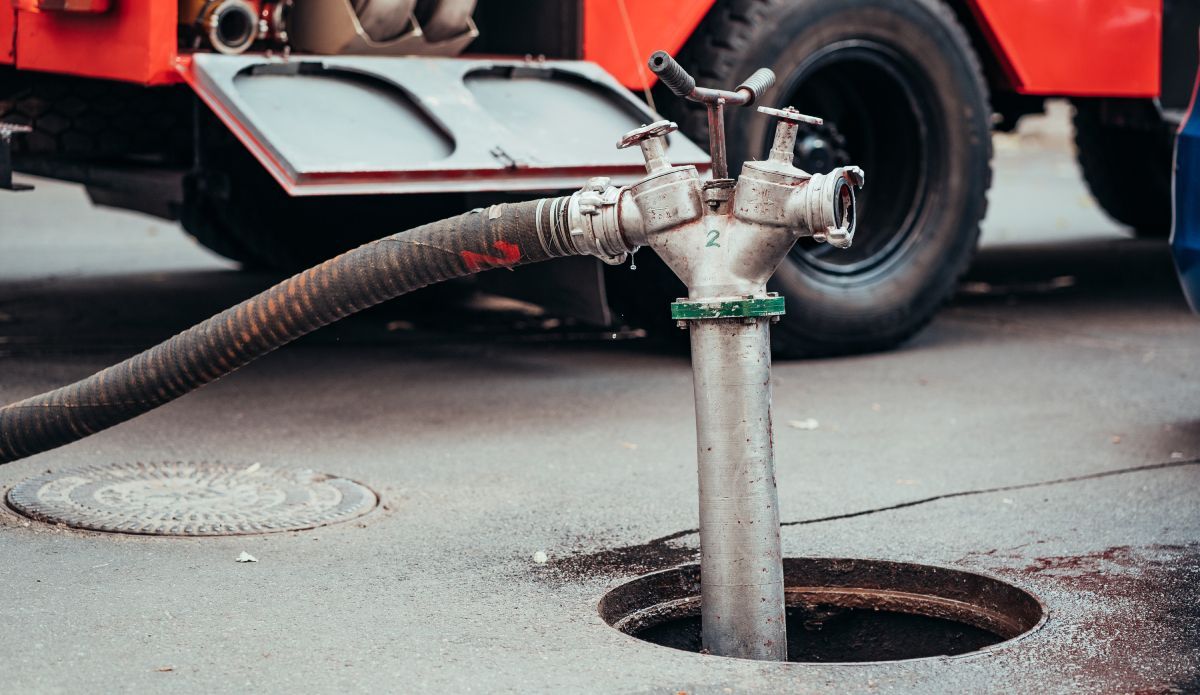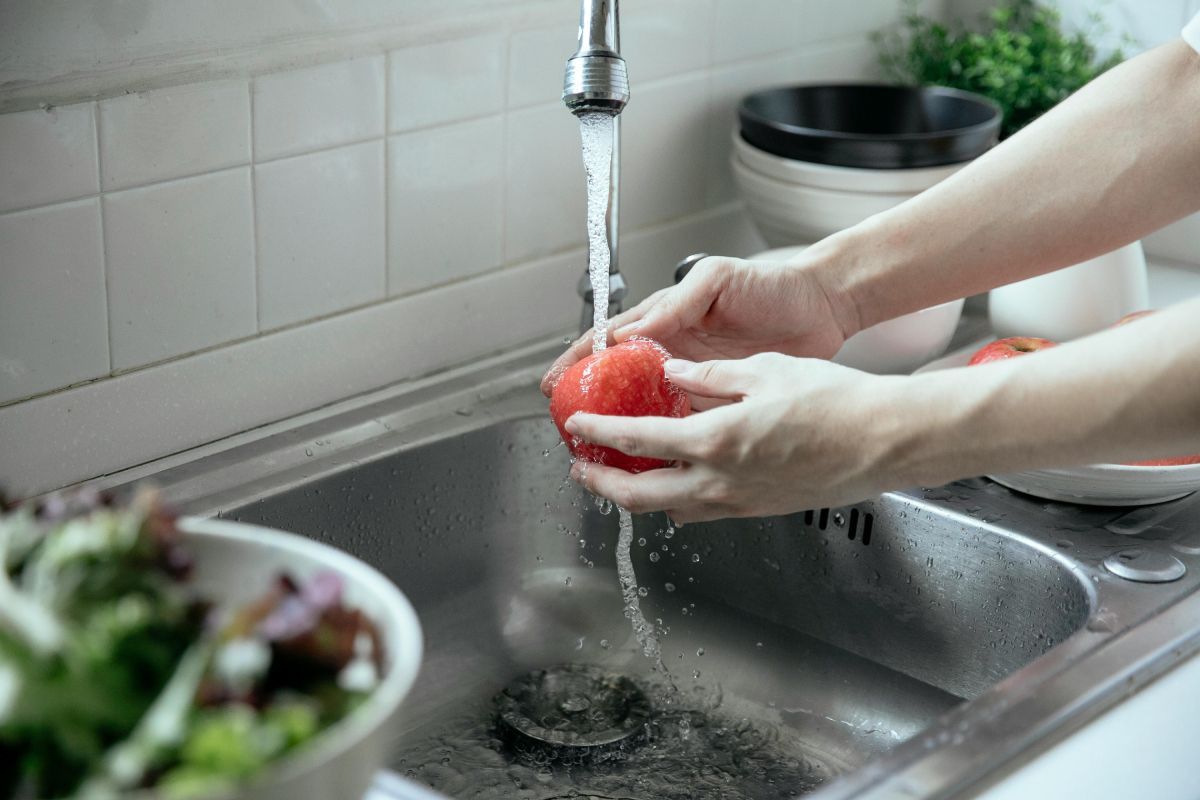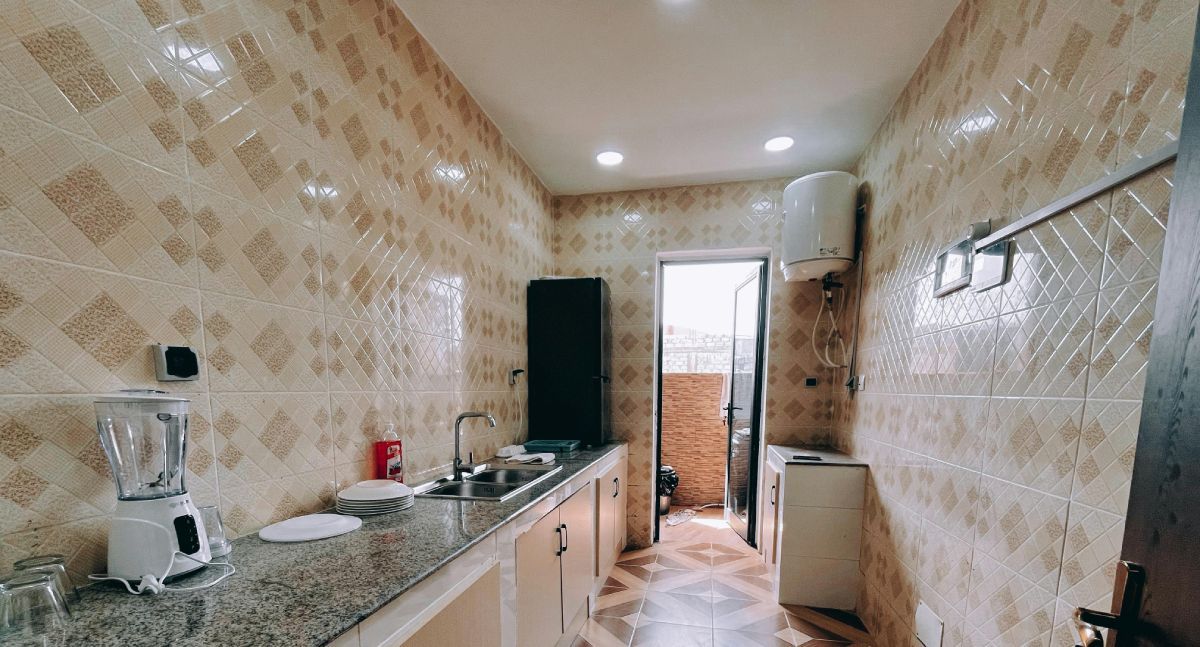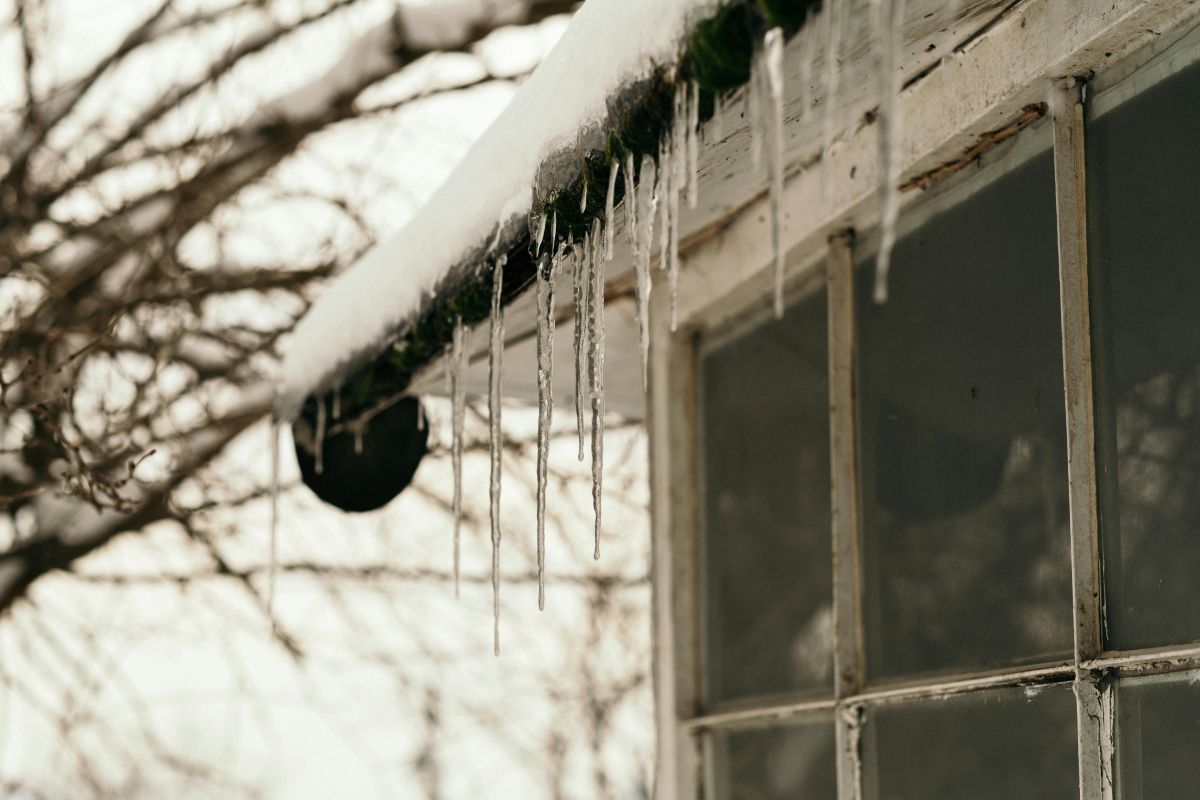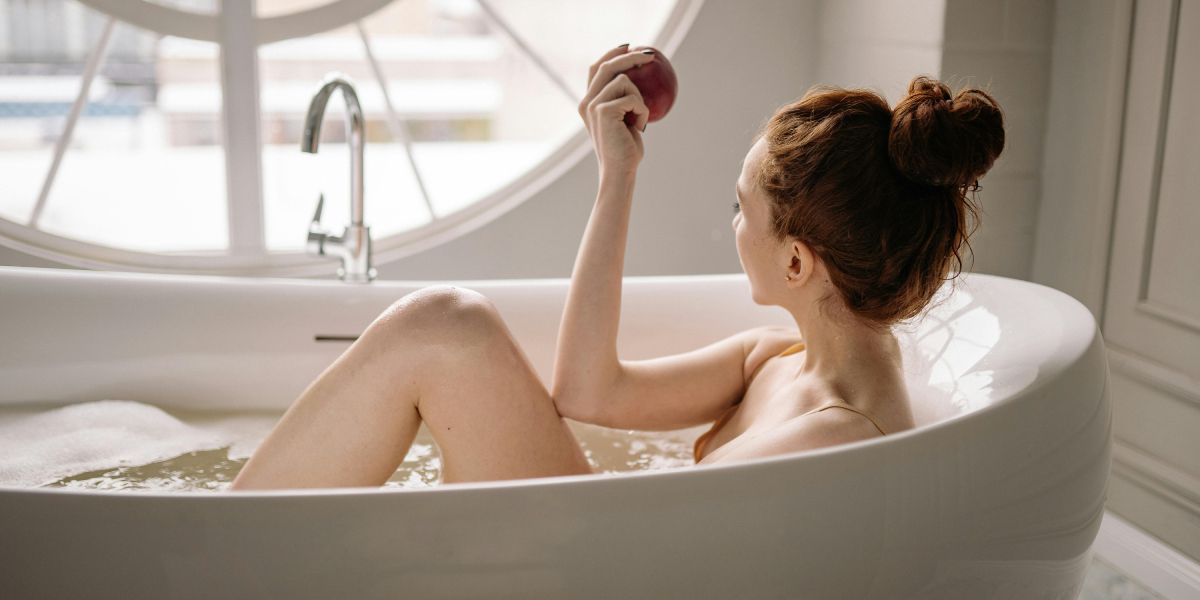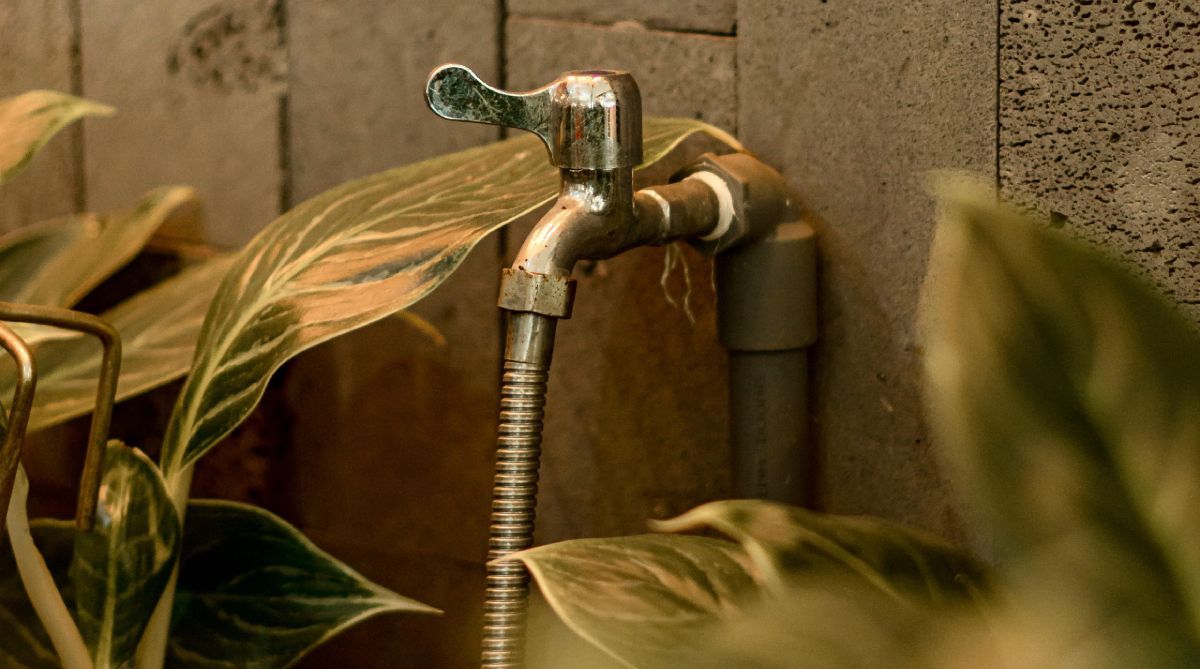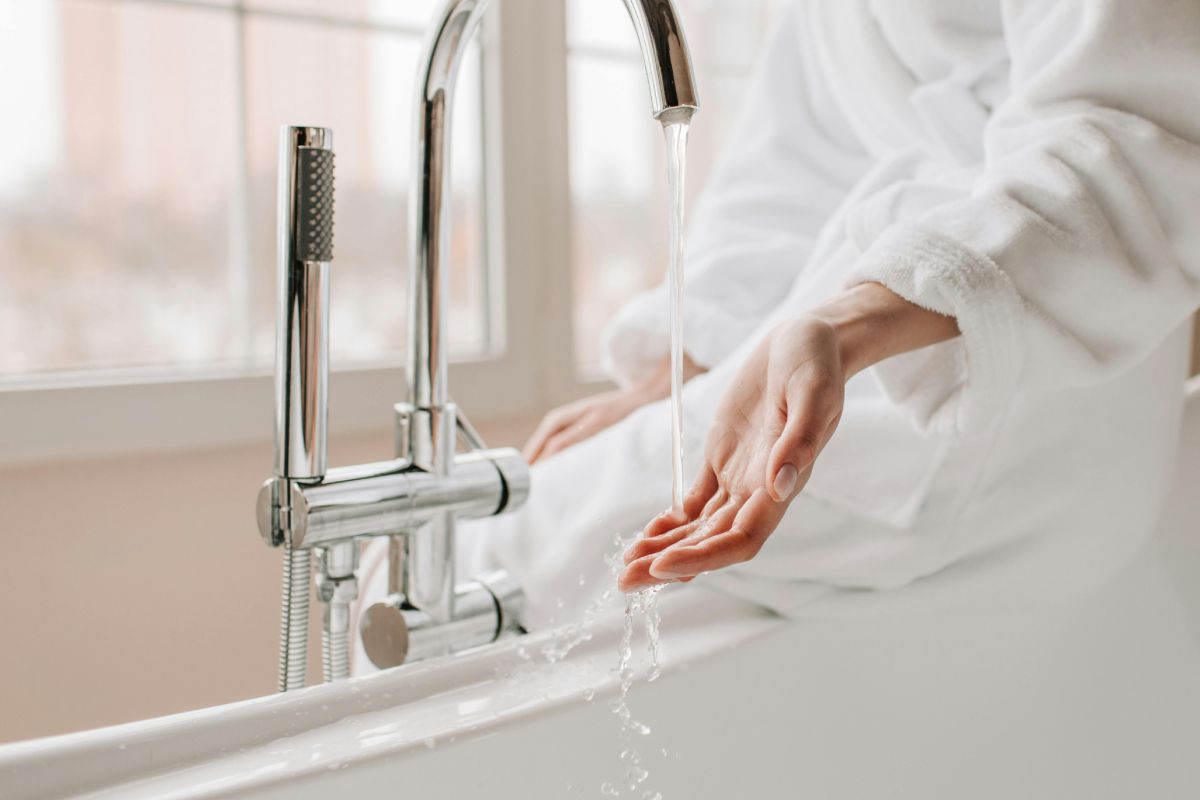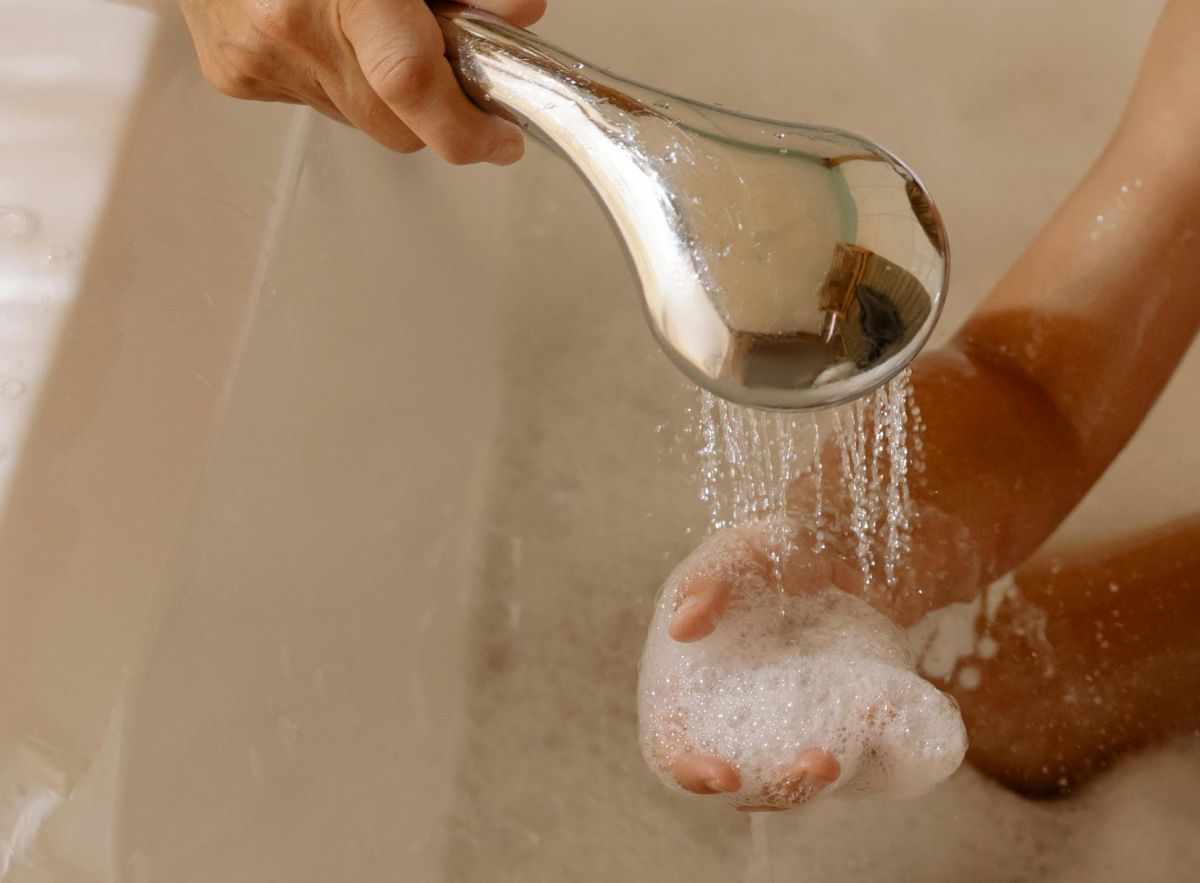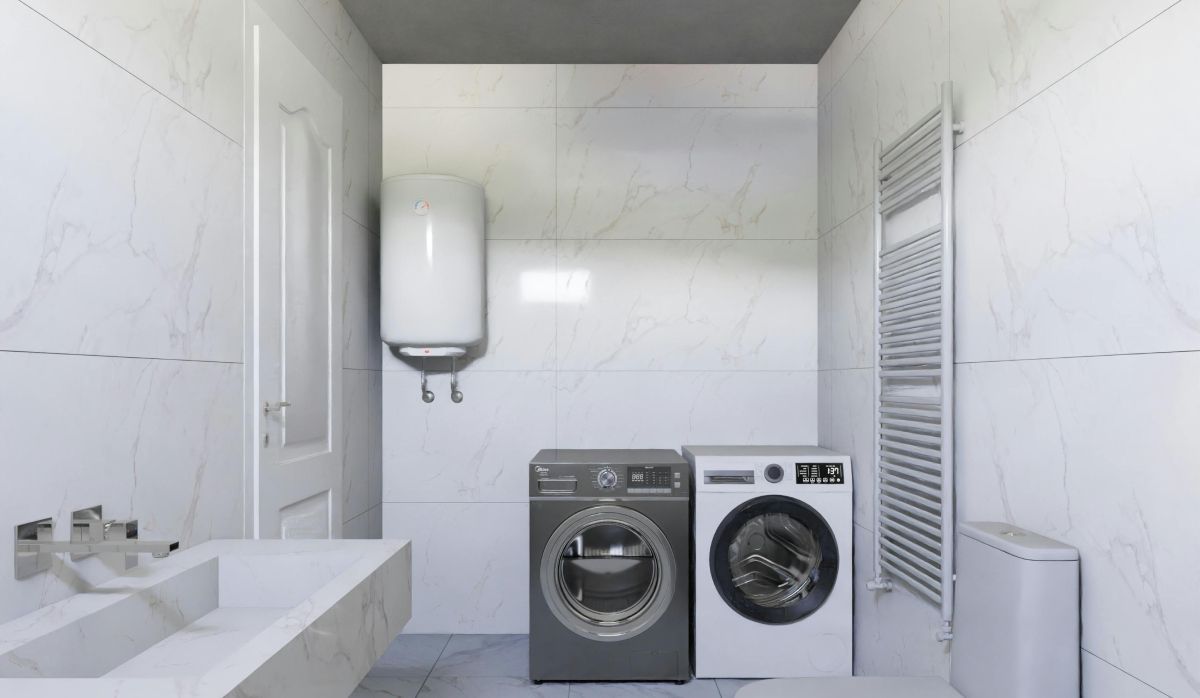Master Plumbers Blog
9 Guaranteed Signs That Your Water Heater Needs Repair
It is a frosty day; it is the best time to shower and feel warm in freezing temperatures. But instead of warmth, you were greeted by ice-cold water. You have your water heater, so why is the water not heating up?
You may not notice the condition of your water heater worsening, but it is the most likely reason cold water starts coming out of the faucets. And a water heater failure is a significant inconvenience for any home, given that it is also one of the busiest appliances in your household.
A water heater's deterioration is a sign that your water heater needs repair or replacement. Below are some warning signs to look out for to know if your water heater needs repair. Or, in the worst-case scenario, replacement.
Warning signs to look out for
These warning signs can tell you more about your water heater. Especially if the one that you have is already old. Know to watch out for the following:
I. Fluctuating Water Temperature
Fluctuating water temperature is a good indicator that your water heater is malfunctioning. If you notice that your water temperature comes out hot at best, there are times when it comes out lukewarm. And even at times, it comes out cold.
Usually, this type of water heater issue arises when there is an accumulation of mineral deposits around some of the components of your water heater. Sediment buildup affects the ability of your water heater to maintain consistent water temperature, eroding its energy efficiency.
Calcium and magnesium commonly come with the water that goes through your water heater during the water heating process. These minerals form into sediment particles that settle at the bottom of your water heater tank.
The situation is understandable if you manually change the temperature. Still, if it happens and you have made no change to the temperature, it is time to call a professional and look at your water heater. If your water heater is relatively new, it is better off having it repaired.
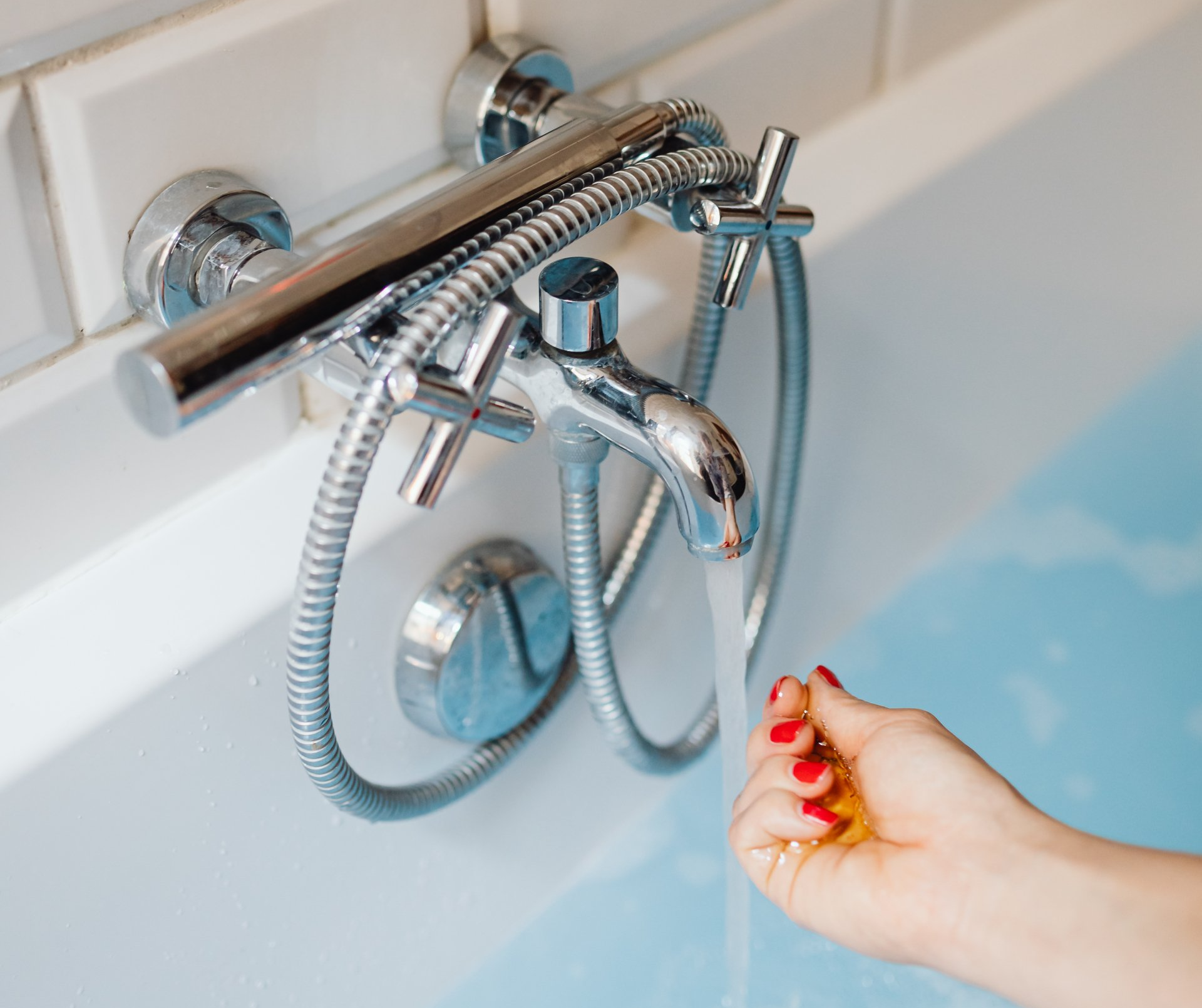
I. Reduced Hot Water Pressure
Mineral deposits cause fluctuations in your water pressure temperature and lower your hot water pressure. As these sediments accumulate around the water heater's heating components, it blocks the pipes.
As minerals build up, the pipes, in turn, are clogged. These sediments attach themselves to the pipes and take up space. As a result, the water pressure goes down because there is less space for water to pass through.
Another reason for your reduced water pressure is an ageing water heater. It is best to call a professional to diagnose the leading cause of reduced water pressure correctly; it is best to call a professional.
I. Leaking Hot Water
At times, water leakage is apparent, whereas, in some instances, it goes down in a small number of water trickles. Small leaks are difficult to spot since they may go unnoticed. Over time, the water heater leakage becomes apparent only when substantial damage is done.
These small leakages will alert you to check your water heater before the damage is irreparable. If you notice water pooling around your tank or the pipes that lead to it, you have a possible sign of leakage. Take care of hot water tank leaks as soon as you can.
Loose connections to your water tank could be another reason for the leakage. There may be issues with the unit itself or with the relief valve. You may tighten it on your own, but you may need a professional to replace the connection.
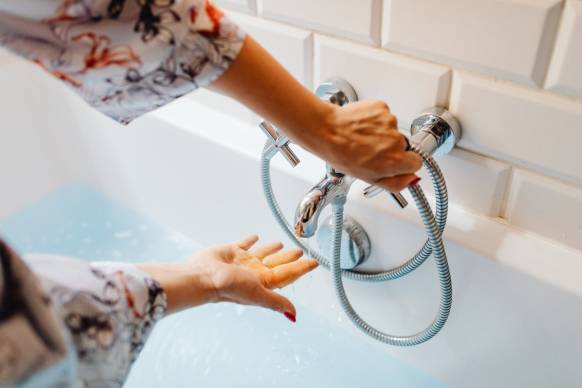
I. Cloudy with an unpleasant smell
Cloudy water with an unpleasant smell is another sign that your water heater is deteriorating. And these two are also another result of mineral deposits in the water heater.
The strange odour could also be a result of a bacterial infection that is growing within the tank. The issue with the unpleasant smell needs to be repaired as soon as possible because the water can be harmful to use.
I. Odd sounds
Little noises from the water heater are normal, but as it gets louder, with popping or cracking sounds, you have a reason to grow worried. Odd sounds coming from your water heater are also due to the mineral buildup that settles at the bottom of the water tank.
As the hot water inside the water tank heats and expands, the sediment pushes through to the top, resulting in a rumbling sound. And too much noise is detrimental to the health of your water heater.
Eventually, it could also lead to leakages as the structure of your water heater weakens. So it is best to call a professional to help you diagnose the issue and have it repaired if needed.
I. Rustic Water
Even the man of steel himself has one weakness. And one known kryptonite of steel is rust. Inside your water heater is a metal pole made of magnesium and aluminium, and both elements are susceptible to corrosion, leading to rusty water.
If you have rustic water, how do you know the source of the rust? If rusty water comes from your hot and cold taps, you have a problem with your water pipes. If metallic water only comes from the hot water tap, then the source is your water heater.
Corrosion can slowly spread once they take hold of a steel surface. Rust is an early sign of leaks in your water pipes and tanks made of steel.
Test out where the rust comes from by draining two buckets of hot water from the tank. If the water is still rustic on the third bucket, you'll know that the problem is the tank and not the pipes.
I. Lukewarm water
Change of setting to vacation mode or another low setting, a significantly cold temperature outside, or increased use of hot water - these are some of the instances your water heater is providing you with lukewarm water. If none of these factors is the reason for your water heater acting up, then chances are it needs repair.
I. Hot water runs out faster
Did this ever happen to you? You are taking a shower and suddenly run out of hot water. If your water heater runs out of hot water sooner than it should, it is a sign that it is malfunctioning. Either there is a broken element or another serious issue with the appliance.
Have a professional diagnose the problem to know how to deal with it.
I. Your water heater is ageing
Water heaters need to be inspected regularly to ensure that it functions properly. Recall the last time you had your water heater inspected. If it has been more than a year, then it's time that you have a professional look into its health.
However, you have to remember that nothing lasts forever. Even your appliances have an expiration date, including your water heater. The majority of these water heaters last between eight to ten years.
Ten years is recommended for you to replace your water heater, and once it reaches the eight-year, you should have it replaced before it begins to act up.
Call a Professional
Calling a professional is based on your discretion. If you need help, you are always welcome to contact anyone from
Mains Plumbers, especially from the Dunedin area.


